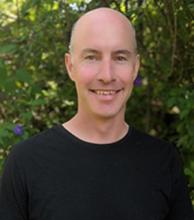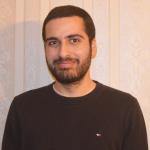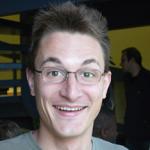
B.S. Princeton University
Research Interests
The Gardner lab studies sensory-motor learning in songbirds, with an emphasis on the development of new technologies for neural interfacing. The lab's work has included engineering, computational methods development, and systems neuroscience.
Neuroscience questions are focused on the study of vocal learning and vocal motor control in songbirds. The songs of adult songbirds consist of stereotyped units, called syllables, acquired by imitation and arranged in sequences characteristic of each species. An understanding of how syllables are sequentially arranged to form songs is of general interest because the learning and reordering of stereotyped motor patterns is the basis of speech and may underlie other aspects of motor control. In particular, the song learning process provides an excellent model of interaction between cortico-thalamic motor control circuits and cortico-basal ganglia circuits. To address these questions, we apply in-vivo imaging and electrophysiology methods to examine neural activity in zebra finches, a standard model in the field, and in canaries - a singer with a rich hierarchical structure in their song.
Engineering projects include ultra-micro electrode arrays and glass fiber arrays suitable for both recording and stimulation, and chronic peripheral nerve interfaces capable of recording and stimulating visceral nerves. Recently, we have focused especially on methods that integrate two-photon lithography with thin films to create small 3D printed electrode arrays on flexible substrates. We view the future of neural neural interfaces to include cellular or bio-hybrid approaches where engineered cells can be transplanted in the body and then remotely controlled to treat disease or provide information transfer to the brain. To that end, we are exploring new strategies to deliver stem cell derived neurons into the brain.
Computational projects include the development of sparse time-frequency analysis methods, deep neural networks for automated labelling of birdsong syllables, and computational models of self-organizing neural networks. In these models, we are most interested in the question of how biological systems adapt to changing environments and perform robustly in the face of noise or error-prone components.
Gardner holds a bachelor’s degree in physics from Princeton University and earned his doctorate in biology and physics from Rockefeller University. He completed his post-doctoral fellowships at Rockefeller University and the Massachusetts Institute of Technology. The lab welcomes students and postdocs from a wide variety of backgrounds ranging from neuroscience to physics, materials, mechanical, electrical and computer science.





